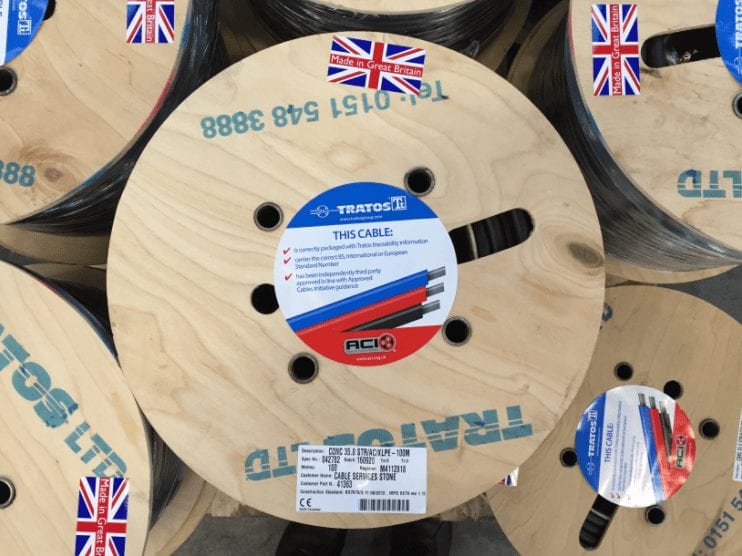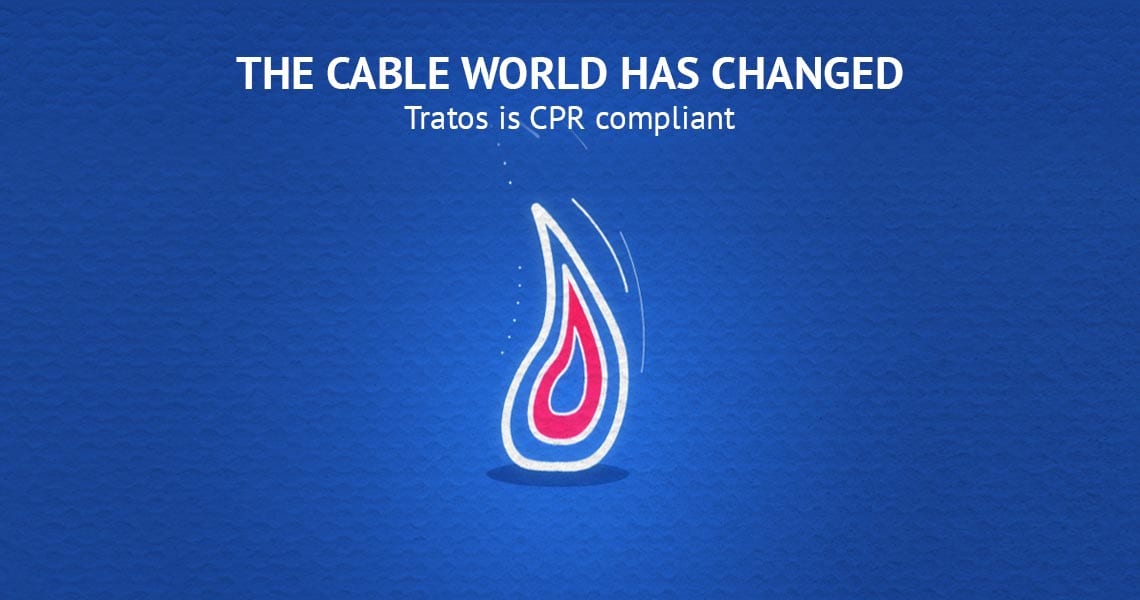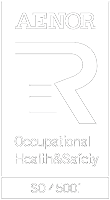Introduction
Substandard and counterfeit cable, labelled with fake official standards and accreditations, is one of the biggest kicks to the UK economy, and, worse, a potential killer, say cable industry leaders.
After a six-year campaign to clean up cable, industry White Knights are taking the crusade to Westminster and calling for better market surveillance and for all cable sold in the UK to be independently third party approved.
While cable failure can cost £millions when re-fitting large and complex projects, more importantly it can cost lives. Installers and suppliers are victims too. Buying as specified in good faith and carefully matching specifications to labels and cable markings often means nothing. Despite their best efforts, installers and suppliers’ livelihoods and reputations are at stake.
The Approved Cables Initiative (ACI), which launched in 2010, investigates all kinds of suspect cable – be it armoured, house wiring flex, fire-performance cables and more. While house fire causes are often recorded as a ‘faulty appliance’ – there is every chance a fault could lie with the fake or under-specified cable fitted.
So where does the problem lie:
- Standards aren’t wholly adhered to in the UK.
- There are too few checks on imported cables.
- About 70% of cable sold in the UK is imported and, of that, ACI believes half doesn’t meet a recognised Standard.
- Some distributors encourage the under specification of cable by manufacturers.
Contractors have little interest in Standards and while many in the supply chain operate legitimately, some distributors and wholesalers resell cable products that don’t meet UK safety standards.
And in a post Brexit Britain, buying British may not avoid all the pitfalls. While the majority of suspect cable has been manufactured outside of the UK this is not always the case. The UK has its fair share of fakers with some distributors actively encouraging the manufacture of undersized and inferior cable (often unmarked and untraceable) in return for better margins and keener prices.
When cables go bad
More recently the UK, France, China, South Korea, India, Australia and the Middle East all reported issues with substandard cable. While there are directives in place to help keep the British public safe and British manufacturers maintain a healthy reputation, their success lies in every link in the supply chain abandoning complacency and agreeing to greater accountability.

Probably one of the biggest ACI substandard cable product finds saw BASEC, The British Approvals Service for Cables, cancelling its product certification licences for Turkey’s cable manufacturer Atlas Kablo when it came under scrutiny for `a serious decline in quality across a range of cables.’ Atlas Kablo’s HAR certification – from the Turkish cable accreditation body TSE – was also terminated.
Impact of CPR
Getting across the importance of traceability is critical and all Economic Operators must fulfil their obligations. It is hoped that the introduction of EU Construction Products Regulation (CPR)* in 2017 will mean tighter control. CPR which becomes mandatory for cables next July (2017) will have a significant impact on all construction cable manufacturers, importers and distributors supplying any type of cable that is intended to fit permanently into the structure of a building within the European market.
The new regulation demands new cable testing and certification as well as CE marking requirements for those supplying cables. It also lays down harmonised rules for the marketing of construction products in the EU.
But understanding of the requirements is not universal and, with no formal market surveillance in place, and Trading Standards services stretched to their limits, many in the industry believe the future is less than rosy. It is up to all parties to take some responsibility and remain mindful of their purchases and imports.
Making cabling a great British commodity again
Opportunities to purchase smarter are widespread. This is despite the UK manufacturing base shrinking and no one yet sure exactly how Brexit will impact foreign investment here and sales to export markets as the exact shape of the changes reveal themselves.
Buying British does, however, present some real benefits. Those include approved products, better after sales service, known traceability and a secure supply chain that should not be overlooked. Although this is not yet a ‘needle in a haystack’ exercise for purchasers, it’s getting harder to identify the authentic from the fakes. And this situation will only get worse.
Under existing legislation, the ACI reports concerns to the Health & Safety Executive and Trading Standards. However, Government cut backs have largely left the onus on industry to self-regulate – but this alone cannot work.
By calling for all cable bought/sold into the UK to be third party approved, the message is clear. Without independent approval a product will not be deemed fit for purpose and will not then be fitted and installed in any UK products or buildings. Better market surveillance will ensure substandard cable, one of the biggest economic tripwires in Britain, can be defused and made safe.
A simple solution with lifetime benefit for an important manufacturing industry and the country.
Notes:
*The EU Construction Products Regulation 305/2011 (‘the CPR’) seeks to remove technical barriers to the trade of construction products in the European single market. It places obligations on manufacturers, distributors and importers of construction products when these products are placed on the market.
The CPR aims to ensure the reliability of information on the performance of construction products, information which is of interest to designers, constructors, public authorities and consumers. This is achieved through harmonised European product standards and European Technical Assessments using a common technical language and uniform assessment methods.
The CPR regulation demands that cable manufacturers supplying any type of cable that is intended to fit permanently into the structure of a building (including power distribution, final circuit wiring, control and instrumentation and data communications cables) to European markets, meets the new cable testing, certification and CE marking requirements of CPR by 1st July 2017. Cable wholesalers and distributors supplying into the EU also have a responsibility to ensure the cable manufacturers they work with have done this, or if necessary to undertake the CE marking requirements themselves.
About 4 million tons of low voltage cable is used in Europe each year, much of this in construction, amounting to a value of about 12 billion Euros.
Find out more: CPR










